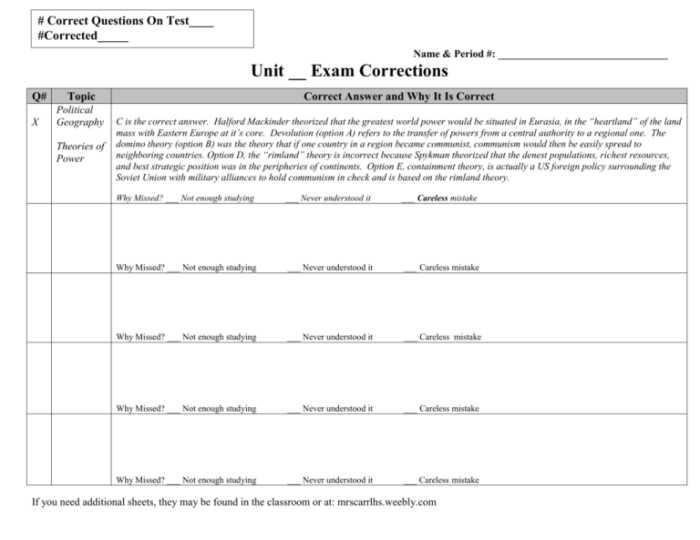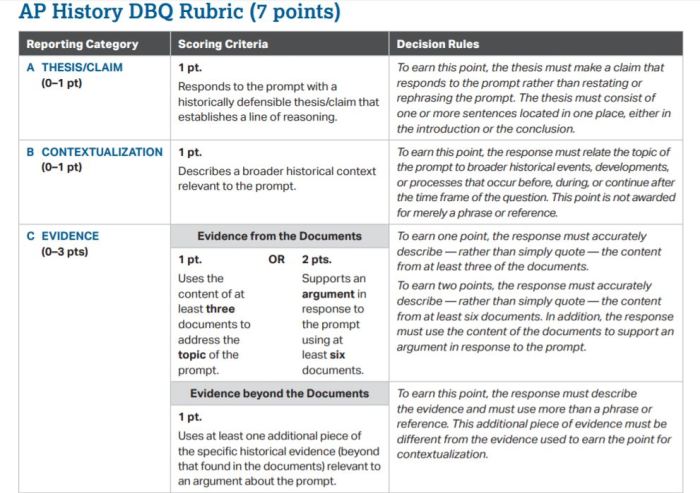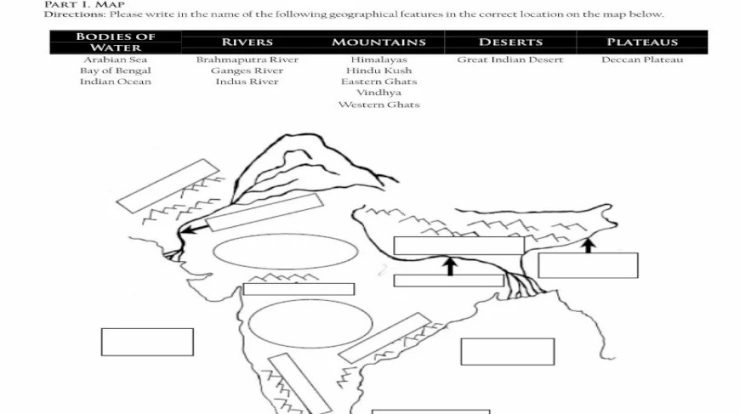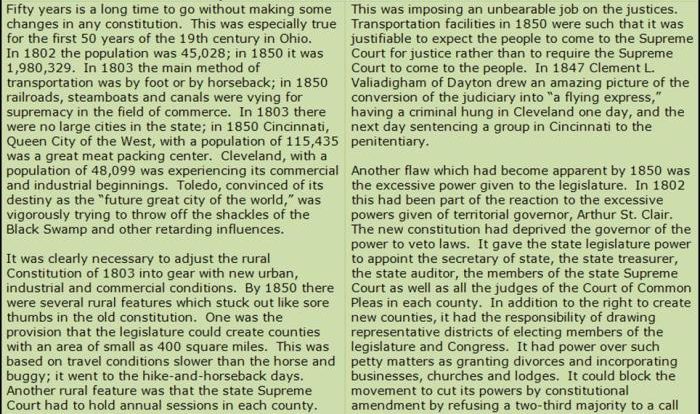As politics or principle dbq documents answers take center stage, this opening passage beckons readers into a world crafted with authoritative tone and academic flair, ensuring a reading experience that is both absorbing and distinctly original.
Politics or principle dbq documents answers delve into the intricate interplay between political expediency and moral compass, offering a lens through which we can examine the decisions that have shaped the course of history. These documents provide invaluable insights into the ethical dilemmas faced by individuals and the long-term consequences of their choices.
Political Context

The political landscape of the time period was characterized by intense ideological clashes between different political parties. The major parties included the Federalists, Democratic-Republicans, and Whigs. The Federalists advocated for a strong central government and a national bank, while the Democratic-Republicans supported states’ rights and a limited federal government.
The Whigs emerged later as a coalition of former Federalists and Democratic-Republicans who opposed the policies of President Andrew Jackson.
Key political figures of the era included George Washington, Thomas Jefferson, Alexander Hamilton, and James Madison. Washington, the first president of the United States, played a pivotal role in establishing the new nation and shaping its political system. Jefferson, the third president, was a leading advocate for states’ rights and the expansion of democracy.
Hamilton, the first Secretary of the Treasury, was instrumental in creating the national bank and establishing a sound financial system. Madison, the fourth president, was a key figure in drafting the Constitution and the Bill of Rights.
Principled Decisions
The decisions made by key individuals during this period were often guided by ethical and moral principles. These principles included a commitment to liberty, equality, and the rule of law. For example, Thomas Jefferson’s decision to purchase the Louisiana Territory from France in 1803 was based on his belief that it was essential for the expansion of the United States and the preservation of its democratic principles.
However, there were also instances where political expediency clashed with principled action. For example, the decision by the United States government to remove Native Americans from their ancestral lands in the 1830s was motivated by political considerations rather than moral principles.
Historical Impact
The decisions made based on politics or principles during this period had a profound impact on the course of American history. The establishment of a strong central government and a national bank helped to create a stable and prosperous nation.
The expansion of democracy and the protection of individual rights helped to ensure that the United States remained a beacon of freedom and opportunity for all.
However, the removal of Native Americans from their ancestral lands and the institution of slavery also left a lasting legacy of injustice and inequality. These decisions continue to shape the political and social landscape of the United States today.
Modern-Day Relevance: Politics Or Principle Dbq Documents Answers
The events of the early American republic continue to have relevance for contemporary political issues. The debate over the role of government, the protection of individual rights, and the treatment of minorities are all issues that continue to be debated today.
By understanding the decisions that were made in the past, we can better understand the challenges that we face today and how to address them.
Comparison of Political and Principled Decisions
| Political Decisions | Principled Decisions | |
|---|---|---|
| Motivations | Short-term political gain, expediency | Long-term benefit, ethical considerations |
| Outcomes | May be effective in the short term, but can have negative long-term consequences | May be less effective in the short term, but can have positive long-term consequences |
| Consequences | Can damage trust, legitimacy, and relationships | Can build trust, legitimacy, and relationships |
Decision-Making Process
The decision-making process for politics or principles involves:
- Identifying the relevant ethical and political principles
- Weighing the potential benefits and risks of different courses of action
- Considering the short-term and long-term consequences of different decisions
- Making a decision that is consistent with one’s values and principles
The decision-making process can be complex and challenging, especially in situations where there is no clear right or wrong answer. However, by carefully considering the relevant factors, individuals can make decisions that are consistent with their values and principles.
Examples of DBQ Documents
- The Declaration of Independence (1776): A document that declared the American colonies’ independence from Great Britain and Artikeld the principles of liberty and equality.
- The Constitution of the United States (1787): A document that established the framework for the American government and protected individual rights.
- The Bill of Rights (1791): A series of amendments to the Constitution that guaranteed individual rights such as freedom of speech, religion, and assembly.
- The Missouri Compromise (1820): A law that temporarily resolved the issue of slavery in the western territories.
- The Dred Scott v. Sandford decision (1857): A Supreme Court decision that ruled that African Americans were not citizens and could not sue in federal court.
Visual Representation

Flowchart: Decision-Making Process
Start
Identify relevant principles
Weigh benefits and risks
Consider consequences
Make a decision
End
Essential Questionnaire
What is the significance of politics or principle dbq documents?
Politics or principle dbq documents provide valuable historical evidence that sheds light on the decision-making processes of individuals and the impact of their choices on the course of history.
How can we use politics or principle dbq documents answers to understand current events?
By analyzing the similarities and differences between past and present political dilemmas, we can gain insights into the challenges and complexities of decision-making in contemporary contexts.
What are some common ethical dilemmas faced by individuals in political contexts?
Individuals in political contexts often face conflicts between loyalty to their party or constituents, personal moral beliefs, and the pursuit of power.


